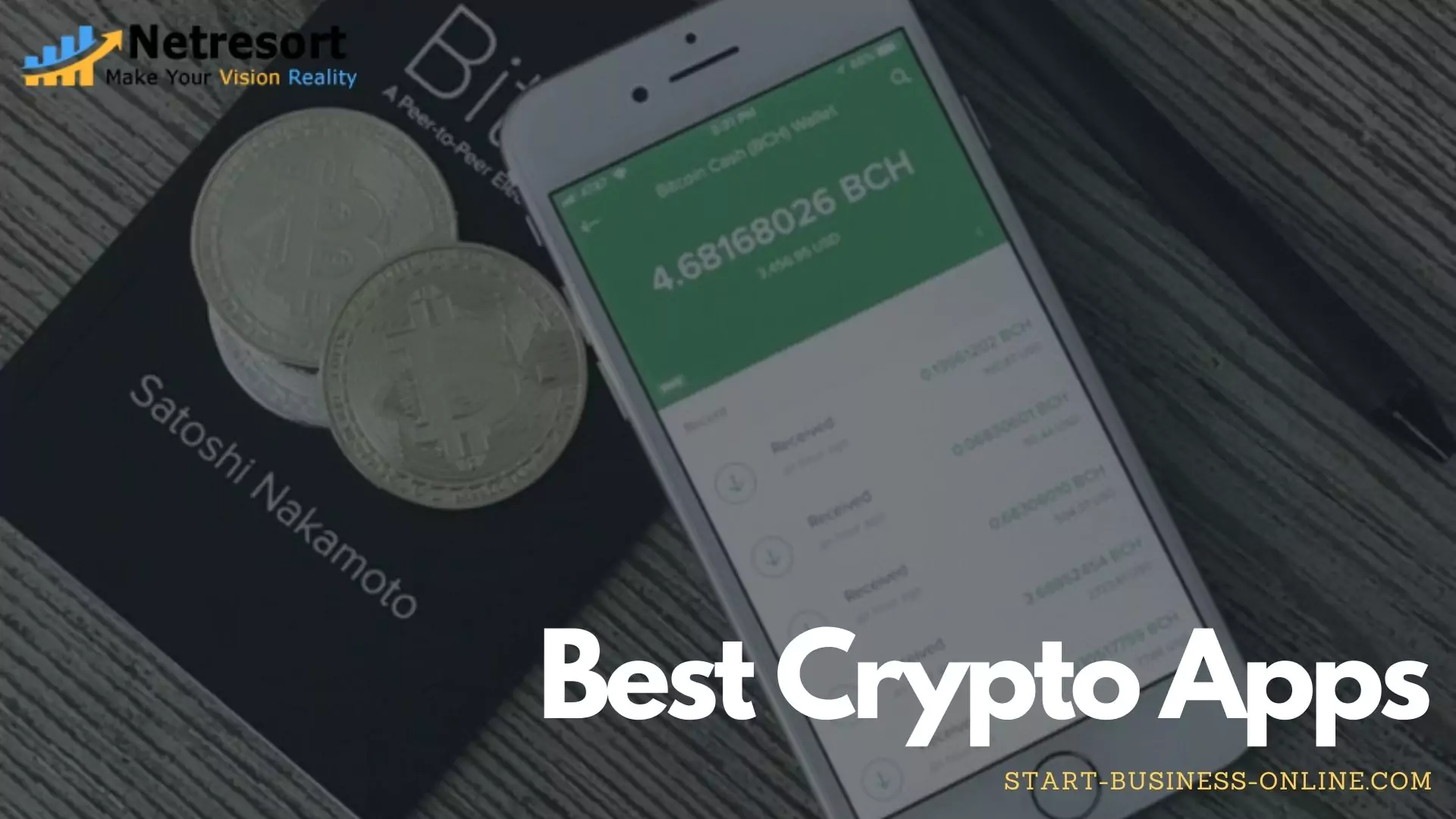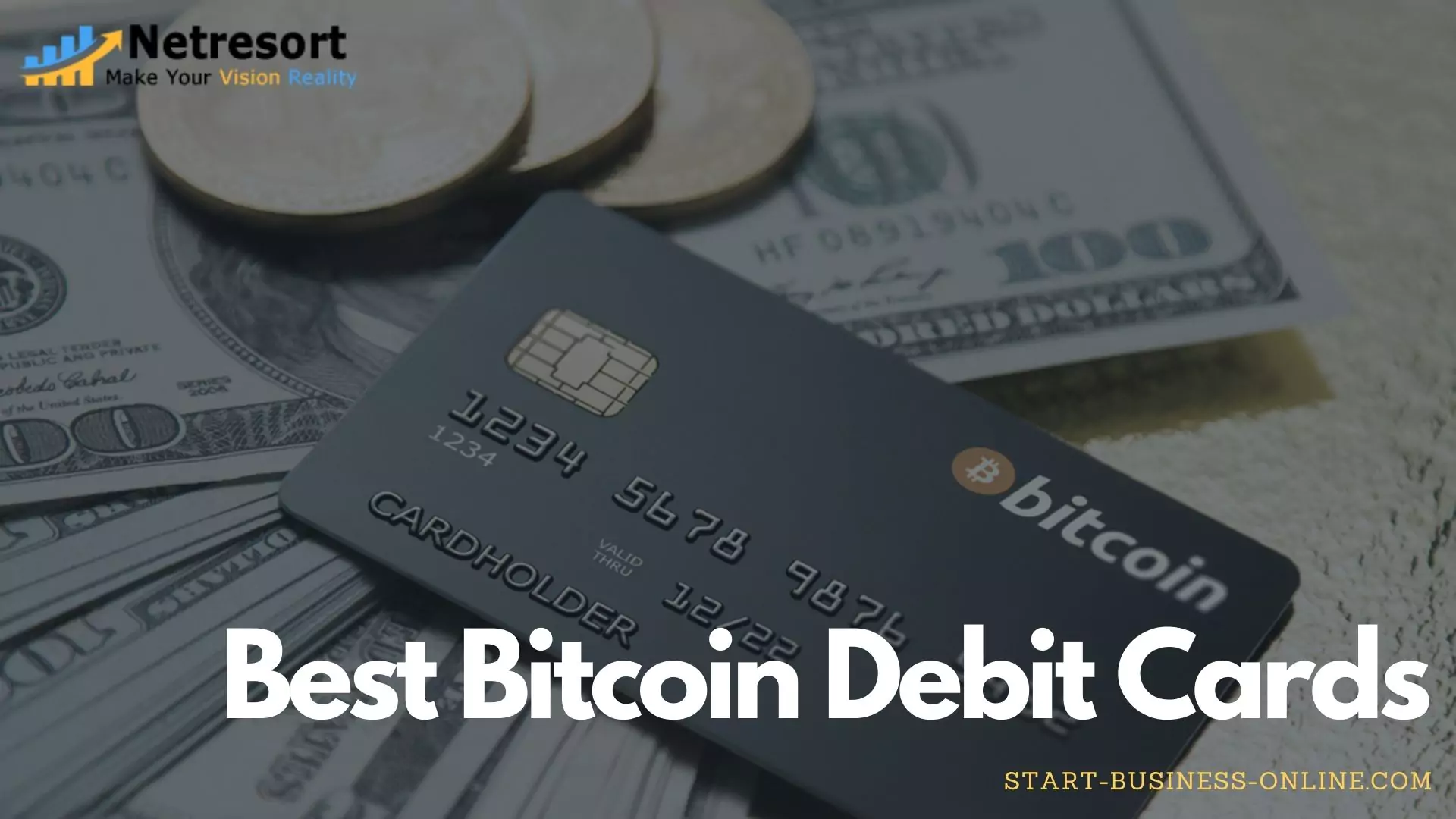A crypto wallet is an essential component of your crypto endeavour, as it is not only a safe place for coin storage, but also a way to send and receive cryptocurrencies. Though crypto wallets come in many different forms they all serve the same function, although some wallets are more appropriate than others for different uses. To be able to choose wisely whether to prefer a web, mobile, desktop, paper or hardware crypto wallet then, you must first have a clear idea and plan of how you intend to use your cryptos.
Hardware vs. Software Crypto Wallets
Crypto wallets are broadly divided into two categories, namely hardware and software wallets, both of which store the information that grants access to your crypto assets on the blockchain, in other words they store both your public and private keys.
As implied by their name, hardware wallets are actual physical objects (usually in the form of a USB drive). There are several popular and reliable hardware wallets that one can choose from, such as for example Ledger Nano X, Trezor and KeepKey. As hardware wallets are physical devices and not connected online, they are by far the most secure type of crypto wallets. They are best suited for those who do not plan to trade regularly and prefer to hold large amounts of crypto for long time periods.
Software wallets on the other hand, are applications that should be downloaded onto your computer or mobile device. Your crypto assets are kept safe in software wallets though the use of encryption. Software wallets are also known as hot wallets, while hardware wallets are called cold wallets, because the former are connected online, while the latter are not.
Another option is to store your crypto in online platforms that can be accessed through internet browsers and for which no download and installation is needed on any device.
Types of Crypto Wallets
Further to the hardware vs software divide, crypto wallets are also categorized into the following types:
- Hot wallets: These types of wallets are called hot because the device where your keys (a form of cryptographed password) are created through and/or are stored on, must have access to the internet. This makes hot wallets more highly usable, but renders them less secure since they are exposed and vulnerable to online attacks and hackers.
- Cold wallets: The keys used on cold wallets are created on a device that has never had access to the internet and therefore cold wallets are completely immune from cyber-attacks. Cold wallets are thus synonymous to hardware wallets, as they are actual physical devices.
- Hosted wallets: As revealed by their name, the wallets that “live on” third party servers, which the wallet’s owner has no control over, are known as hosted wallets. As such servers hold the funds from all wallets hosted on the particular server they are very hot targets for online hackers to aim to steal the funds. Since they are under constant threats, hosted wallets are often insured by third parties and come with differing levels of protection. If you are considering to have a hosted wallet, you must therefore ensure that the maximum possible protection is available to you.
- Decentralized wallets: Decentralized wallets are not hosted by any third party and their keys are only held and controlled by their owners, thus mitigating the risks associated with hosted wallets, where indirectly your funds are not controlled by you and you rely solely on the host third party to be able to send, receive or store your cryptocurrency assets.
What to Look for when searching for the right Crypto Wallet
What should primarily guide and determine your decision and choice when searching for the best and most suitable crypto wallet is the exact use you intend to be making of your crypto. For example, a hardware wallet is the most suitable if you intend to buy crypto and hold it for a long time. This being said, you may well choose to have more than one wallets, of different types of wallets, for different uses and in order to further mitigate and dispense risk.
To help you make a fitting and wise choice, here’s what you should look out for:
Security
- 2-factor authentication: on top of using your key/password, there is an additional authentication level, called 2-factor authentication, or 2FA in short, needed before logging into your crypto wallet. This second level, which offers extra security, is usually in the form of a code sent to the mobile number you have provided, which you will then need to enter into a sing-in field to grant you access to your wallet.
- Multi-signature support: Multi-signature support, which allows for the setting of the requirement of multiple keys before access to the wallet is allowed, is very important when a crypto wallet is owned by more than one physical person, for example a corporate wallet belonging to all business partners. When all owners must enter their keys, it is impossible for any one owner to spend funds without permission or transfer them to another wallet.
Wallet Usability
- Exchanges as crypto wallets: Most crypto exchanges allow their users to also use them as a crypto wallet as well and not only as exchanges. Many big and popular exchanges, such as Coinbase for example, aim to be an one-stop shop enabling their users to buy, sell, trade, pay and store their cryptos, all in one platform.
- Mobile wallets: Mobile wallets, i.e. wallets installed on your mobile phone are easily accessible, portable and massively convenient. However, since mobile phones are a device that is often lost or broken, having your crypto wallet on your mobile make it very vulnerable and render it inaccessible if your phone is broken or lost, or even worse stolen. To partially remedy this, most mobile wallet providers offer ways to restore or recover your wallet in case of an accident.
- Multi-currency vs. single currency: Since most cryptocurrency owners own more than one kind of cryptocurrency, it would be very confusing to be owning a different wallet for every different coin held. Nowadays, there are many wallets which support multiple types of cryptocurrency and you should choose one of those if you plan to own more than one crypto, since they are much more convenient.
Hardware Wallet Vs Exchange Storage
If you decide not to acquire your own crypto wallet in order to safely keep and hold your cryptocurrency, you can leave your crypto in your crypto trading account and trust your crypto brokerage enough, since they will be holding your private keys. This is not a recommended solution for most, though today’s big exchanges are highly secure and do their utmost to safeguard client funds and avoid security breaches. However, big exchanges are known to have suffered from security breaches or hacking attacks in the past and thus the risk is always there.
When trying to decide whether you should choose a hardware crypto wallet, take into account the following advantages and disadvantages of hardware, cold storage wallets:
Pros of Using Hardware Wallets
- Hardware wallets are not exposed to hacking threats and cannot be hacked when stored offline
-
Through the ownership of your own hardware wallet you acquire and maintain total control over all your stored crypto funds
-
Hardware wallets provide more privacy and anonymity that when storing your crypto on a crypto exchange
Cons of Using Hardware Wallets
- Trading cannot be done as easily and quickly because time is required for your crypto to be sent from your hardware wallet to an exchange trading account, before you can trade.
-
While most software wallets are available for free, but you will have to pay to get hold of a hardware wallet.
-
Since the hardware wallet is an actual physical object, you are always running the risk of losing it.
Getting the Best Crypto Wallet for You
There is no one cryptocurrency wallet type or brand that is undoubtedly the best all around. Rather the best crypto wallet for each user is the one that best serves and suits the needs and requirements of that particular user. The best crypto is different for each user and depends entirely on how each crypto owner intends to use their crypto funds.
If optimum security is your first priority, especially if you plan to hold your cryptocurrency for a long time and not engage in trading often, then a hardware wallet should be your choice.
Crypto Wallets FAQs
A Bitcoin wallet is a device, physical medium, or a software which stores the public and/or private keys for validating your transactions when you're using your Bitcoin.










